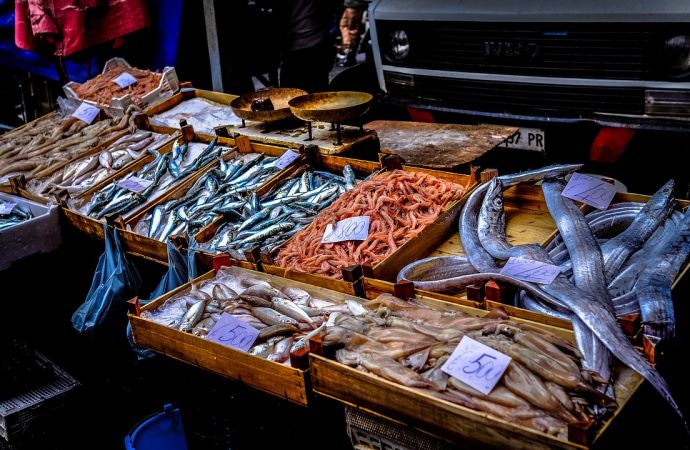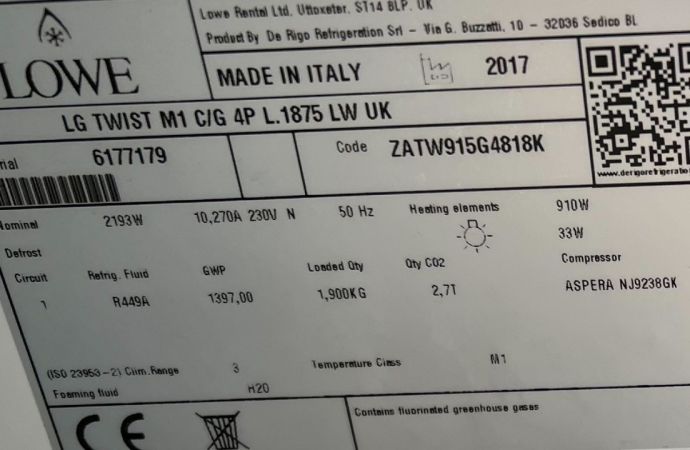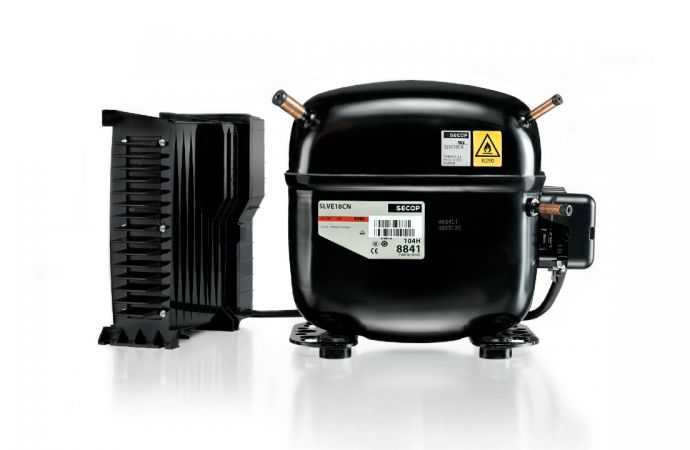A number of factors, including a shift from ‘wet markets,’ the growing population, and post-harvest needs, says cold chain expert Anthony Dizon.

© Pexels, 2016
The Philippine government’s Department of Agriculture recently highlighted the need for additional cold chain infrastructure in the Philippines to help reduce post-harvest food loss. (See “More Cold Storage Facilities Needed in Philippines to Curb Food Waste,” Accelerate Magazine, April-May 2020.)
But there are several other factors driving the country’s growing cold chain. Consumer preferences are shifting from the traditional “wet markets” — where food is sold directly to the public without cold chain intervention — towards purchasing chilled or frozen foods at supermarkets.
On the other hand, high electricity prices – the Philippines has some of the highest in Asia – threaten the cold chain industry as the country takes steps to limit green-house gas emissions.
One of the leading experts on the Philippines cold chain sector is Anthony Dizon, President of the Cold Chain Association of the Philippines (CCAP).
An electrical engineer by trade, he previously worked in the steel manufacturing industry. He became involved in the cold chain sector in 1997 after working on a cold storage warehouse project in the midst of the Asian financial crisis. He has served as President of CCAP (https:// www.ccaphils.org) since the associations’ inception in 2002.
In the following interview, Dizon provides his views on what is driving the expansion of the Philippines’ cold chain market, the challenges the industry faces, and how CCAP is working with several international organizations and the Philippine government to make sure the growth of the cold chain sector continues.
Accelerate: How do you view the need for more cold chain infrastructure in the Philippines?
Anthony Dizon: CCAP foresees that the cold chain industry will continue to grow nationwide at a rate of 8% to 10% annually over the next five years. This is being brought about by three major factors, namely: population growth, shifting consumer preferences from “fresh” to chilled or frozen [products] as a result of our awareness-generation campaign on food safety, and access to regional export markets with the opening of the Association of Southeast Asian Nations (ASEAN) economic community.
However, it is necessary to emphasize that the growth of cold chain capacity should be concomitant with the effort to develop agribusiness production sectors in the country, putting emphasis on the respective strengths of different regions.
Accelerate: Can you describe the general role of wet markets in the Philippines?
Anthony Dizon: The wet market continues to be a social fixture in Philippine culture with the principal purpose of servicing the lower-income strata of the population. However, with the enactment of the National Food Safety Act, even the wet markets are now observably introducing cold chain intervention in their activity, meaning they have started to migrate to selling products in chilled format.
Our hope is that ultimately, the wet markets will evolve into a retail distribution network fully equipped with cold chain technology and equipment.
In addition, Philippine food manufacturers and processors have launched their respective marketing strategies to develop the awareness that food products purchased in supermarkets in frozen/ chilled form are actually of better quality and are not necessarily more expensive than those procured in the wet markets.
But as the wet market evolution into cold chain practice progresses, the market shift is expected to be the greatest factor for capacity growth in cold chain infrastructure.
Accelerate: What are some of the biggest trends resulting from the cold chain growth?
Anthony Dizon: The Philippine cold chain industry has embraced the latest state-of-the-art technologies, as can be seen in the new construction projects recently completed and in the pipeline. This has been brought about by the need to introduce better operating efficiencies to ensure sustainability of investments.
Accelerate: What are the main challenges the cold chain industry will face in the next few years?
Anthony Dizon: The industry will continue to be confronted with major challenges such as: high operating costs, particularly power; constitutional limitations on foreign investments, which restrict prospective industry growth and access to strategic partnerships; and occasional conflicts in national policies versus local government regulations.
Accelerate: What opportunities or challenges do you see in minimizing carbon emissions and maximizing the energy efficiency and reliability of the cold chain?
Anthony Dizon: Maximizing energy efficiency will always be a top item on the cold chain industry radar. The concern on carbon emissions is at this time a paradoxical question because of the conflicting perceptions on GWP of HCFCs versus toxicity of ammonia.
Accelerate: As CCAP President, what are your main areas of focus?
Anthony Dizon: CCAP’s principal advocacies are food safety, sufficiency and security. Towards this end, we have been working closely with Philippine government agencies as well as international affiliates to craft strategies and work programs to create awareness and under-standing of the benefits of cold chain intervention in the protection of food quality and minimization of food waste.
In addition to our participation in the UNIDO program (see “Reinventing the Food Cold Chain in the Philippines,” Accelerate Magazine, November-December 2019), CCAP is currently partnered with the USAID [United States Agency for International Development]’s Strengthening Urban Resilience for Growth with Equity (SURGE) project. This undertakes need analysis and lays the groundwork for capacity and capability building in specifically identified locations around the country. We are also looking at participation in a Japan International Cooperation Agency (JICA) sponsored activity aimed at developing a strategy to rationalize the vegetable value chain.
On the local front, CCAP is partnered with the Philippine Institute of Supply Management in providing an introductory cold chain training module in the under-graduate university discipline for supply chain management.
This interview originally appeared in the July 2020 edition of Accelerate Magazine.
Related stories



